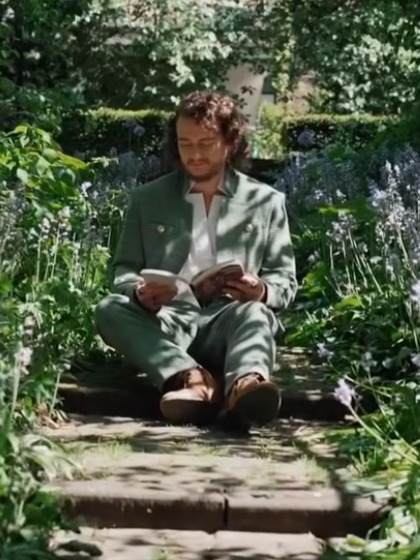S. (Sven) Gins, MA

Monstrum: The Mediaeval Cooperative Board Game
Funded by the Public Engagement Seed Fund of the University of Groningen and the University Medical Centre Groningen.
In this educative board game, players cooperatively explore the diverse medieval animal kingdom - including human species - from an ecocentric perspective. How did humans relate to real and imagined animals in the Middle Ages? How did they envision and depict these animals? What insights does this immaterial heritage offer for present challenges such as biodiversity decline?
The project's objective is to realise a publishable prototype of Monstrum, based on original bestiary research from my ongoing NWO Homo Imperfectus project (below), by collaborating with Dutch schools (vwo/havo/vmbo). Students can think along about the game design, research game elements, and/or playtest the game itself. In so doing, they actively reflect on (our relations with) animals in and since the Middle Ages, and how dehumanisation/animalisation can contribute to the marginalisation of certain (kinds of) people.
Homo Imperfectus. Animals, Machines, and the Quest for Humanity in Late Mediaeval France
Funded by the Dutch Research Council (NWO) and University of Groningen via the Research Programme 'PhDs in the Humanities' for talented researchers.
How were nonhuman animals entangled in mediaeval conceptions of humanity? How did such entanglements affect the animals involved? This three-part project furnishes a historical dimension to topical questions about humankind’s exploitation of nature and environmental ethics, based on original historical research. Homo Imperfectus critically examines how fifteenth-century Christian communities conceptualised humanity via the anthropocentric rationalisation, mechanisation, and subjugation of animals.
The project’s first part concerns books of beasts. Synthesising natural philosophy and theology, these works described animals in terms of their corporeality and cosmological significance. Bestiaries were thus prescriptive as they articulated normative parameters about the place of animals within Christian society. This is evident from the prolific production of artificial animals in fifteenth-century Burgundy, studied in the project’s second part. As human counterfeits of God’s creatures, these spectacular automata demonstrated human ingenuity and humans’ capacity to control nature. However, automata also blurred the lines between nature and artifice due to their appearance of artificial life, generating anxieties about humankind’s preordained supremacy. When ‘real’ animals violated the implicit norms of everyday cohabitation—e.g. by harming humans—they similarly destabilised humankind’s arduously constructed identity as master of God’s earth. The project’s third part investigates how Christian communities reinvented everyday interspecies relationalities after such species’ transgressions by prosecuting and executing or anathemising animal offenders.
By approaching mediaeval books of beasts, automata, and animal trials from an anthropocritical perspective, Homo Imperfectus challenges human exceptionalism and develops new insights into anthropocentrism and its (non)human discontents, past and present, to contribute towards a more sustainable world.
Promotors
-
Prof. C.K.M. von Stuckrad (University of Groningen)
-
Dr M. van Dijk (University of Groningen)
